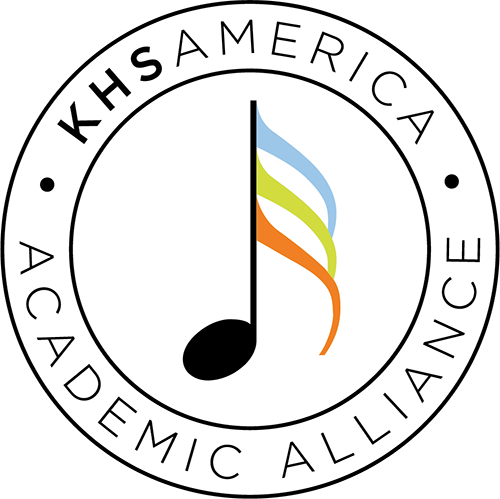For many of us, our “second-period concert band” of 76 students has become four sections of 19 students, our 42-minute rehearsal is now a 30-minute Zoom meeting, seeing our students every day has been reduced to meeting once a week in person and once again remotely, scheduled concerts have been canceled, state adjudications have been put on pause, and the balanced instrumentation we’ve worked so hard to foster has gone out the window when one of those sections of “band” has four tubas, one trumpet, four percussionists and ten clarinets. It becomes vividly clear that our teaching of band has changed profoundly. Our goals are the same. Our resolve and dedication are the same. But what we did and how we did it has had to change.
Most of us are asking, “What can we do?” Well, we can rely on using wonderful training videos supplied with most method books to help tutor students we see less frequently. We can have students send us video or audio recordings to assess their progress much more often to make up for less contact time with them. Since playing time has often become more limited, we can spend more time teaching ear training; working on their rhythm skills; doing listening assignments of masterworks, master artists, and master ensembles; and working on aspects of music history, theory, composition and improvisation. Does any of this make up for not having band as we know it? Positively not. Nothing can replace the myriad of benefits of a concert band rehearsal. Nothing. But it can allow our students to become even more literate, studying a broader spectrum of material in a more in-depth way. In so doing, expanding our educational horizons can make all the difference.
Peter Loel Boonshaft, Director of Education
KHS America
The content of this Blog article or Banded Story is the intellectual property of the author(s) and cannot be duplicated without the permission of KHS America and/or the author(s). Standard copyright rules apply.



 We look forward to the evolution of this exciting program, and welcome feedback on how we can further enhance the work that you do in music education.
We are excited to offer your program the opportunity to join the KHS America Academic Alliance today.
We look forward to the evolution of this exciting program, and welcome feedback on how we can further enhance the work that you do in music education.
We are excited to offer your program the opportunity to join the KHS America Academic Alliance today.